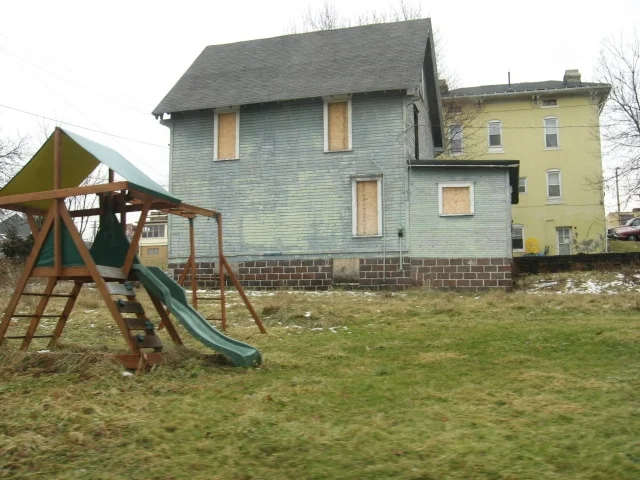By Maria Walliser-Wejebe, GOPC Project Associate
On Monday July 30, Columbus City council passed an ordinance updating economic development incentives for twelve community reinvestment areas (CRA’s) within the city. This action authorizes the real property tax exemptions established in Chapter 4656 of the Columbus City Codes.
Chapter 4565 dictates the incentive policies for affordable housing in community reinvestment areas. Land in each CRA is divided into one of three categories based on distress criteria, like change in population, poverty rate, mortgage foreclosure and housing vacancy rates, and change in median household income. Under the new plan, developers can get a tax exemption on increase in assessed valuation of property for 15 years after receiving abatement. To qualify, developers need to ensure that one fifth of total units rented or sold are affordable to low and mid-income residents, with the amount of rent determined by the Department of Housing and Urban Development.
Developers also have the option to contribute to fund supporting public housing in lieu of building affordable unit requirements. If pursuing this option, developers would pay annual fees on their market-rate units equal to a percentage of the additional revenue those units generate. Fee percentages are higher in more prosperous CRA’s, like the Short North, to encourage development in the CRA’s which meet more distress criteria. This “build units or pay in lieu” model is standard practice for many cities inclusionary zoning policies. Additionally, developers in “Ready for Revitalization” areas can still qualify for the abatement by paying a one-time fee of $5,000 per unit to a CDC supporting affordable housing. See the City’s CRA Map for more on the location and distress criteria of the 12 Columbus CRA’s.
The revamp of city property tax incentives came after a 2016/2017 study on Columbus economic development incentives concluded that real property tax abatements in CRA’s could be improved to better target incentives to areas where the market was not yet encouraging investment. This is consistent with criticism over the past few years that the city has been granting tax breaks for developments which are built in neighborhoods which might not otherwise need these incentives.
It is encouraging to see the City of Columbus prioritizing affordable housing, however, the need for affordable housing across the state is an issue which will require considerable cooperation and investment from several partners to address. Planning and encouraging affordable housing is a contributor to sustainable growth, while the supply of affordable housing has direct implications on transportation networks and workforce supply. See more on the needs and benefits of affordable housing in the Affordable Housing Alliance of Central Ohio’s report on GOPC’s website, and catch more news on affordable housing in some of GOPC previous blog posts here, here, and here.
· Columbus Council Signs Off On Tax Break Changes [WOSU]
· Chapter 4565 of the Columbus City Codes (Note: this draft of the ordinance does not reflect the amendments passed on 7/30/2018
· Columbus Council approves changes in tax break policies, regulations on short-term rentals [WCBE]

